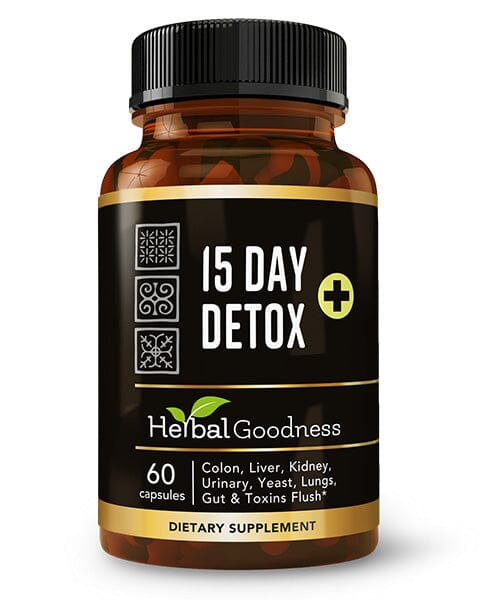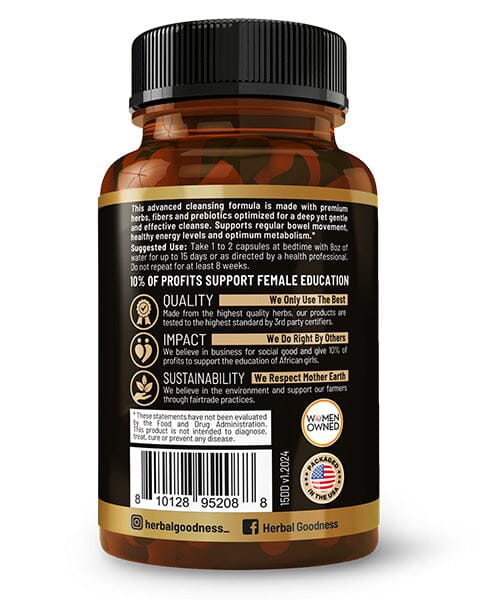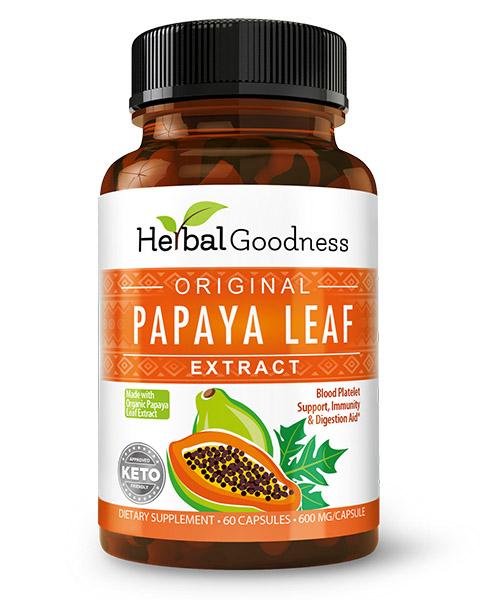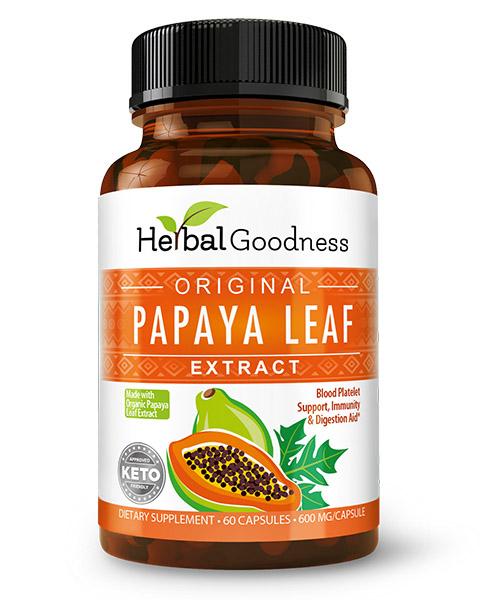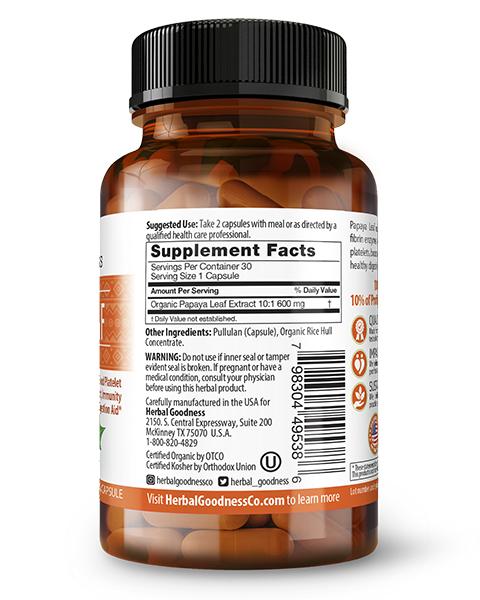How to Stay Hydrated This Winter | Herbal Goodness
During the warmer months, it is second nature to carry around cool drinks to keep us hydrated in the sweltering heat. Come fall and the number of bottles you often spot dwindle considerably. By the time winter is upon us, the water bottle has been substituted with a hot cup of cocoa.
Look, nobody is begrudging you your winter staple that seems the perfect supplement to your warm blanket as you binge on your favorite HBO show.
However, while you may not feel the need to hydrate during winter, staying hydrated in the colder months is just as important as during any other season. And that’s a nugget that is often forgotten.
Water for Life
Having a regular water intake regardless of season is important to keep your body functioning optimally. Water does more than just keep you hydrated; it keeps your body temperature regulated and is integral to the normal functioning of cells, organs and tissues.
Whereas it may seem counterintuitive, drinking water gives your immune system an added fillip and keeps you from falling ill during the cold and flu season.
You may also have heard that drinking water speeds up the metabolism while also curbing your appetite by allowing you to feel full, longer. If you needed a reason to maintain healthy eating habits over the holiday season, there you have it.
Healthy Alternatives to Water
While no one disputes the benefits of drinking water, the cool part is that hydrating in winter doesn’t have to be all about H2O!
There are other healthy water substitutes you can include in your daily recommended intake to stay hydrated in the cold months without the niggling worry that you’ll pile on the pounds.
-
Hydrate with fruit
Fruit are a known source of water, especially clementines (aka tangerines) which constitute 87% water, as well as pears and apples which contain 84% water.
The added bonus of hydrating with fruit is the high nutritional value they possess, including vitamin C, a good combatant of flu.
-
Consume more water-based foods
The one downside of consuming fruit in winter is they tend to be quite chilly themselves. An alternative is to eat more water-based foods such as vegetables. Broccoli, for example, are 91% water; tomatoes 95%.
As well, soups prepared from vegetables are not only a great way to up your fluid intake, but also tend to be warm and absolutely nutritious.
Two birds with one stone?
-
Salty food (and soup) may help
Speaking of soup, another nice way to hydrate in the cold season is to tuck into salty foods. The reasoning behind this is that salty food contains sodium which helps in retaining water in the body.
You might want to go easy on the salt, though!
Soups are a fantastic way to introduce salty food in the body, and some winter favorites include butter-squash soup, tomato soup and minestrone.
-
Lay off the caffeine
Coffee and other caffeinated beverages are commonly referred to as diuretics, drinks that increase urine production, the result of which is dehydration.
Opt for decaf where possible.
Or better yet…
-
Drink herbal tea
Herbal teas are made from the leaves of such plants as mint, chamomile and sage. They taste great and have a therapeutic aroma, with medicinal properties to boot.
Our very own line of Papaya Leaf Teas is an awesome way to keep warm while enjoying the benefits of papaya leaf!
Alternatively…
-
Hot chocolate is an option
Hot chocolate is a wonderful way to hydrate during the colder months, perfect for those times you need something warm and comforting after time out in the cold.
Chocolate milk is also brimming with calcium and flavonoids, and its 4:1 ratio of carbohydrates-to-protein makes it a perfect post-workout recovery drink for those of us who like exercising in winter.
-
Water water and drinks
Cold water and drinks may be absorbed faster, but they are not always ideal in cold season.
Warm water and drinks are one of the oldest tricks in the book to keep your temperature optimal during the cold season.
Suggested Read:




